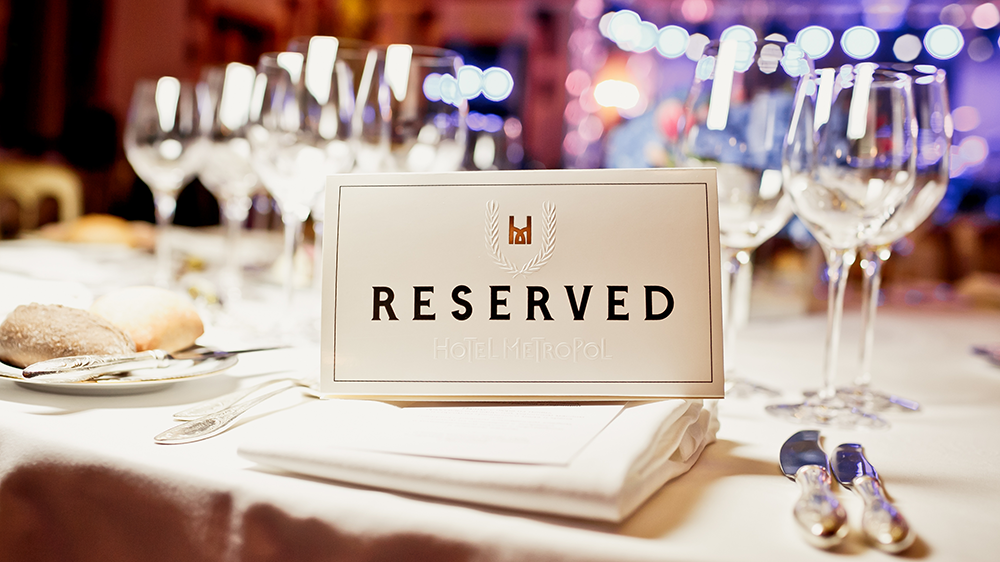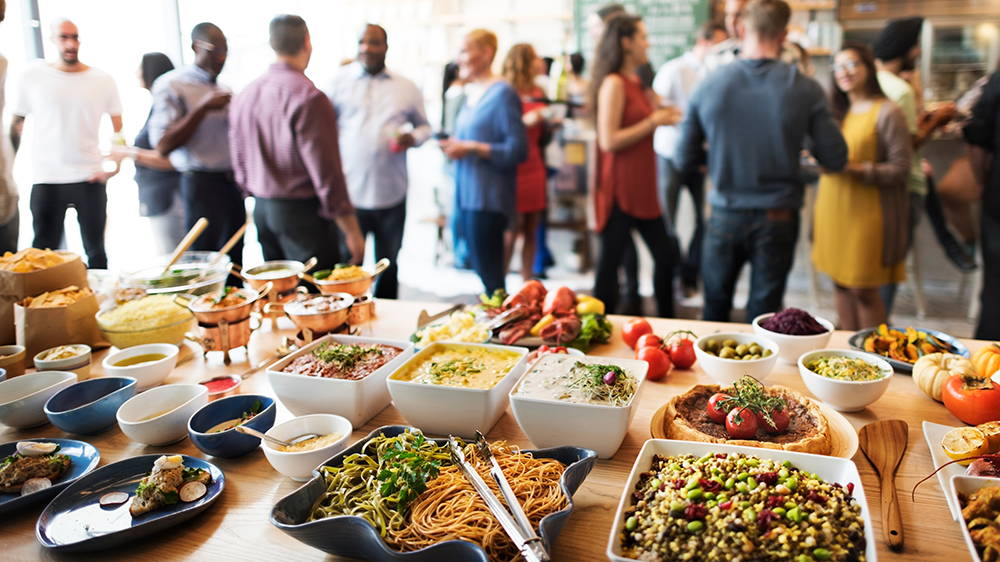
By Adrian Johansen, Contributor
There’s no question that these last few years have been deeply challenging for business owners. Even the most successful and experienced entrepreneurs have struggled to keep their businesses afloat in the face of a massive global health crisis, widespread civil unrest, catastrophic supply chain disruptions, and seemingly endless economic volatility.
Of all the industries to have been touched by this cascade of events, however, few have been as deeply impacted as the restaurant industry. Today, though, as the world begins to re-emerge into a new, post-pandemic “normal,” restaurateurs are looking for innovative ways not just to survive, but to thrive, as they start to recover.
One particularly promising revenue stream is to rent out your restaurant for private events. From weddings to birthdays to holiday parties or fantasy draft events, guests are increasingly looking for safe, private venues to celebrate, and your restaurant can be made to fit the bill nicely. However, if you want to maximize the returns on this new revenue stream, you must know how to market the service effectively.
Why Rent?

If you’re a restaurant owner still trying to make ends meet in the aftermath of the pandemic, you may be wondering why you should transform your space into a private venue.
The fact is that renting out your restaurant for private events can generate substantial profits, particularly during slow seasons. Depending on your location, size, and amenities, you may be able to charge up to $500 per hour, and perhaps more if you offer specialized services or are in a high-demand period. This means that renting your space may well generate far more revenue than could be expected from regular operations.
However, the rental income is far from the only perk you can derive from hosting private events. There is perhaps no better way to ensure guest loyalty, build your brand, and win new business. Every event guest, after all, is a prospective regular customer.
Of course, you’ll likely encounter challenges when making your restaurant a private event space. While you’re still in the planning phase, create a flowchart outlining problems you could encounter, as well as possible solutions to each one. Not only will this help you prepare for your first event, but it can also help you shape your marketing strategy for your venue.
Marketing Your Venue

If you’ve been operating your restaurant for a while, chances are you already have a well-established and time-tested marketing plan in place. However, you can’t simply repurpose your existing materials. You need to elevate your marketing plan to promote both your restaurant and your venue.
If you want to devise the most effective and efficient marketing plan for your event services, then you need to tailor your campaigns to the unique needs, interests, and requirements of your target audience, those who need a private event space for a special occasion — and are willing to pay for it.
Formulating your venue marketing plan must begin by developing a deep understanding of your target customers’ pain points, as well as how to remedy them. Data analytics that center on your market, your competitors, and your target clients can provide the insight you need not only to offer your guests an unprecedented experience but also to tailor your venue marketing to their expectations.
Fundamentally, this means your marketing plan for your venue will begin by researching and defining a problem that exists for your ideal guests, a need that is currently not being met by your nearest rivals in the private event hosting space. This will shape both the services you ultimately offer at your venue and the marketing strategies you will develop to promote them.
Regardless of whether you choose to operate your venue as a full-service event site, with amenities suited for a wide array of occasions, or you want to specialize in a single array, such as hosting wedding receptions, you are still likely going to need to use a saturation approach when it comes to marketing your venue. This means devising promotional content, including content for digital and traditional marketing channels.
Social Media Marketing
Those seeking to book a venue for a special occasion, such as a birthday or anniversary, are likely to begin by scrolling through their preferred social media platforms. They are likely to use social media to solicit venue recommendations from trusted friends and family. They’re also likely to browse photos and videos to see what local establishments have to offer.
If you want to market your venue effectively, then you need to cultivate a strong online presence. Robust engagement on diverse social media platforms, with ample visual and video content, should help lure your promising prospects to your well-crafted website. There, your target audience should be able to easily navigate through your content, learning essential details about your services, amenities, and other key attributes that make your venue the perfect site for their special day.
Content Marketing
An important subset of digital marketing is content marketing. When used effectively, it can take your venue’s digital presence to the next level. Though there are many ways to use content marketing for your restaurant, one common and effective form is the creation and frequent updating of a blog on your restaurant’s website.
Blogs generally center on topics of interest to your target clientele. Topical articles can then be linked to relevant services and amenities offered at your venue. For example, if you’re seeking to promote your site as an ideal venue for a private wedding reception, you might key this to a blog article providing tips on appropriate wedding attire for both the wedding party and guests.
You could then link this to bespoke photographs of your team modeling the suggestions described in your content. In doing so, not only are you making your content marketing materials visually appealing, but you’re also showcasing your venue as the ideal spot for the ultimate fairytale wedding. The better able your target guests are to visualize their event in your venue, the more likely they are to book it!
Traditional Marketing
As critical as digital marketing is today, that does not mean that you should abandon traditional marketing methods. In addition to the word-of-mouth advertising that will inevitably be generated with each positive guest experience, connecting with your target audience with print materials, from direct mail promotions to flyers, can be a highly effective way to raise awareness and generate leads.
When it comes to your traditional marketing efforts, one of your most effective media may well be the print brochure. A brochure can feature a wide array of high-resolution visuals, as well as robust descriptions of your venue’s amenities and services. Best of all, brochures are easy to place in areas with high foot traffic, such as your restaurant lobby, your local visitor’s center, and other popular attractions where your target clientele is likely to congregate.
The Takeaway
Renting your restaurant out for private events can be a terrific way to generate a second revenue stream. However, you’re unlikely to realize the full potential of event hosting unless you take care to tailor your marketing platforms for this particular market.






